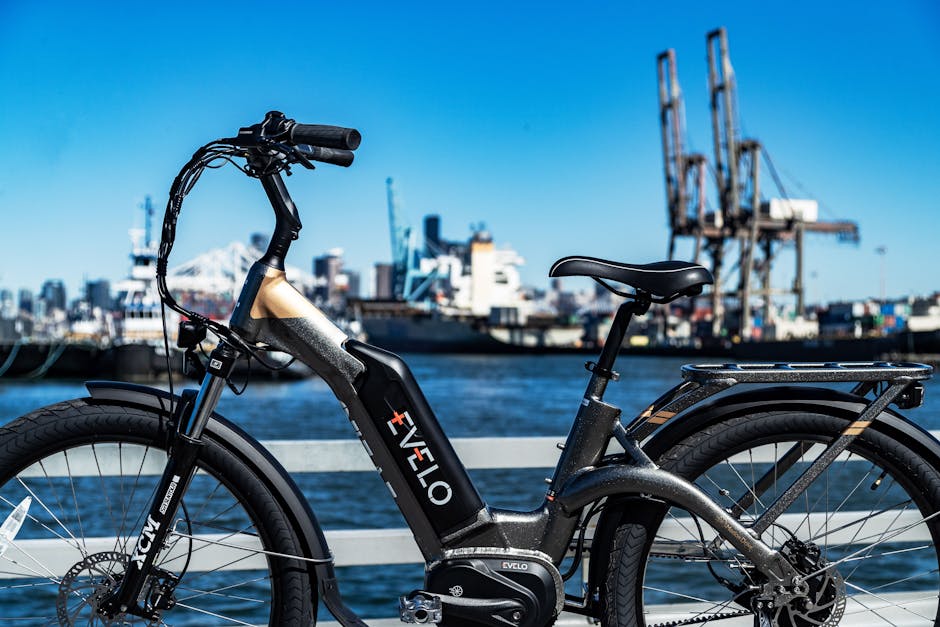Overview of Fitness Trackers in 2024
Fitness trackers have undergone significant transformation, evolving into highly sophisticated devices. In 2024, these wearables provide unparalleled accuracy and diverse functionalities. They’re not just tools for counting steps but comprehensive health monitors.
Key manufacturers have integrated advanced sensors and AI technology. This progress assists in accurately tracking a variety of metrics, like heart rate variability and SpO2 levels. Users now can get a detailed analysis of their workouts and rest periods.
Moreover, fitness trackers in 2024 come with longer battery life and enhanced connectivity. Many models seamlessly sync with smartphones to offer real-time data analysis and custom notifications. Wearables now support personalized insights, guiding users through targeted health and fitness plans.
Enhanced durability and style customization have also increased their appeal. With water resistance features and various design options, fitness trackers suit different lifestyle needs and aesthetics. This year promises diverse choices for anyone seeking to optimize performance and health monitoring.
Key Features to Consider
Choosing the right fitness tracker involves understanding crucial features that impact its performance and usability. By focusing on specific elements, users can ensure optimal health monitoring.
Accuracy in Performance Monitoring
- Accuracy remains paramount for effective performance monitoring.
- Advanced sensors like accelerometers and gyroscopes offer precise tracking of activities and biometrics.
- Wearables with heart rate monitors, GPS capabilities, and sleep-tracking features deliver detailed data analysis, enhancing workout planning and recovery.
- Look for devices utilizing AI algorithms to improve measurement precision, adapting to users’ unique patterns and movements.
Battery Life and Durability
- Battery life determines how long a fitness tracker can function without recharging.
- Models with energy-efficient processors support extended usage, often lasting from five days to two weeks.
- Consider trackers designed with rugged materials like gorilla glass and stainless steel to withstand daily wear and environmental conditions.
- Water resistance adds protection for swimming and wet weather, maintaining functionality in diverse settings.
Connectivity and App Integration
- Seamless connectivity and app integration enhance the user experience by providing access to real-time data and insights.
- Fitness trackers compatible with popular operating systems like iOS and Android ensure broader accessibility.
- Integration with health and fitness apps facilitates personalized goal setting and progress tracking.
- Choose devices that offer Bluetooth and Wi-Fi connectivity for syncing data across multiple devices, providing comprehensive insights into personal health trends.
Top Fitness Trackers of 2024

In 2024, top fitness trackers deliver extraordinary accuracy and features for performance monitoring. Here are leading devices shaping the wearables market.
Garmin Fenix 7
Garmin Fenix 7 stands out with its multi-sport capabilities and robust design. Targeted at triathletes and outdoor enthusiasts, it includes a wide array of sensors such as heart rate and oxygen saturation monitors. Users maximize their training through advanced metrics like VO2 max and training load focus. The Fenix 7’s solar charging extends battery life, making it ideal for extended adventures.
Apple Watch Series 10
Apple Watch Series 10 combines elegant design with exceptional health features. It includes ECG and blood oxygen sensors for detailed health insights. Users appreciate its seamless integration with iOS devices, offering features like fall detection and emergency SOS. With an advanced always-on display and comprehensive app ecosystem, the Series 10 provides an enriched user experience.
Fitbit Charge 6
Fitbit Charge 6 appeals with intuitive health tracking and user-friendly features. It excels in:
- sleep tracking
- stress management
- exercise routines
The long battery life and sleek design suit users looking for an efficient, everyday tracker. Fitbit’s well-established app ecosystem facilitates goal tracking and community engagement, promoting a supportive fitness journey.
Samsung Galaxy Fit Pro
Samsung Galaxy Fit Pro offers a balanced approach to fitness tracking. It features real-time heart rate monitoring and automatic workout detection. Its lightweight design and AMOLED display provide clear visuals and comfort. With features like stress tracking and sleep quality analysis, the Galaxy Fit Pro supports users in maintaining a healthy lifestyle balance.
Comparison of Top Models
In 2024, fitness trackers not only offer remarkable accuracy but also provide various options catering to different budgets and user needs.
Price and Value for Money
Fitness trackers range from budget-friendly options to high-end models. The Garmin Fenix 7, priced around $700, delivers extensive features suitable for professional athletes. It ensures optimal performance with its multi-sport capabilities.
The Apple Watch Series 10, at approximately $400, balances style and comprehensive health monitoring with a sleek design and advanced sensors.
Fitbit Charge 6 offers a mid-range option at $150, providing intuitive health tracking and robust functionality. Lastly, the Samsung Galaxy Fit Pro, priced at $120, presents great value by incorporating key features like heart rate monitoring and workout detection, suitable for everyday fitness enthusiasts.
User Experience and Interface
Fitness trackers in 2024 focus on intuitive interfaces and seamless user experiences. The Garmin Fenix 7 offers a rugged interface ideal for outdoor activities, ensuring easy navigation with its tactile buttons.
The Apple Watch Series 10 excels in interactive touch experiences, leveraging Apple’s user-friendly iOS integration for smooth operation. Fitbit Charge 6 features an accessible interface with clear visual cues, making health data easily comprehensible.
Samsung’s Galaxy Fit Pro includes a streamlined interface with automatic workout detection, enhancing user interactions by simplifying routine tracking.
By offering a diverse array of models, these fitness trackers cater to different preferences, ensuring users find suitable options for maintaining and optimizing their health routines.
Choosing the Right Fitness Tracker for Your Needs
When selecting a fitness tracker, I focus on several critical factors.
- First, accuracy is paramount; I need a device that reliably monitors metrics like heart rate, steps, and sleep patterns. Advanced sensors such as accelerometers and gyroscopes enhance precision, so I prioritize models incorporating these technologies.
- Battery life is essential in my decision-making. I opt for energy-efficient models that last from five days to two weeks. This minimizes charging frequency, letting me concentrate on fitness goals without interruption.
- Next, I evaluate the durability of each tracker. Devices made from rugged materials with water resistance cater to my active lifestyle, ensuring they withstand daily wear and tear, including workouts and outdoor activities.
- Connectivity and app integration are crucial. I prefer trackers seamlessly connecting to my smartphone for real-time notifications and data analysis. Compatibility with health and fitness apps allows me to set personalized goals and track progress effectively.
- Lastly, style and comfort matter. I choose wearables that align with my fashion preferences and offer comfort for extended use. Whether it’s a sleek design for daily wear or a robust look for intense workouts, there’s a tracker to match my aesthetic and functional needs.



